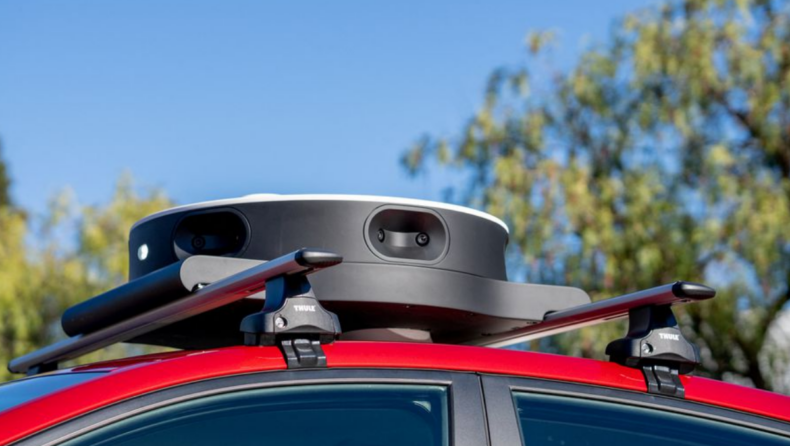Woven Planet, a Toyota subsidiary, is following Tesla in developing low-cost cameras for self-driving cars. To train its self-driving system, Woven Planet says it can employ cameras, a “breakthrough” that will help lower costs and scale out the technology.
Using a large fleet of automobiles to gather different driving data is crucial to establishing a viable self-driving car system, but it is costly and not scalable. Woven Planet still utilises data from additional sensors like radars and lidars for long-term deployment and training.
Tesla relies on cameras to gather data from over 1 million cars on the road, whereas Waymo and other self-driving car companies use pricey sensors like lidars on a tiny number of vehicles. “We need data. And a small fleet of pricey autonomous cars collecting data isn’t enough “Woven Planet’s Vice President of Engineering, Michael Benisch, said Reuters.
“We’re attempting to show that we can access a massive corpus of data, but with significantly poorer quality,” said Benisch, a former engineering director at Lyft’s self-driving group, which Toyota purchased last year. Woven Planet employs cameras that are 90% less expensive than sensors and can be simply put in fleets of automobiles.
It claims that incorporating data from low-cost cameras improved system performance compared to training the system purely on high-cost sensor data. Autonomous Toyota Sienna minivans equipped with lidar, radar, and cameras are also being tested by Aurora.
The camera technology may eventually catch up and surpass some of the more sophisticated sensors, he added. “So, when will we attain a level of safety and reliability? I don’t think we know yet.” Tesla CEO Elon Musk claims complete autonomy with cameras this year after missing past promises.
Published By :- Shubham Agarwal
Edited By :- Kritika Kashyap












